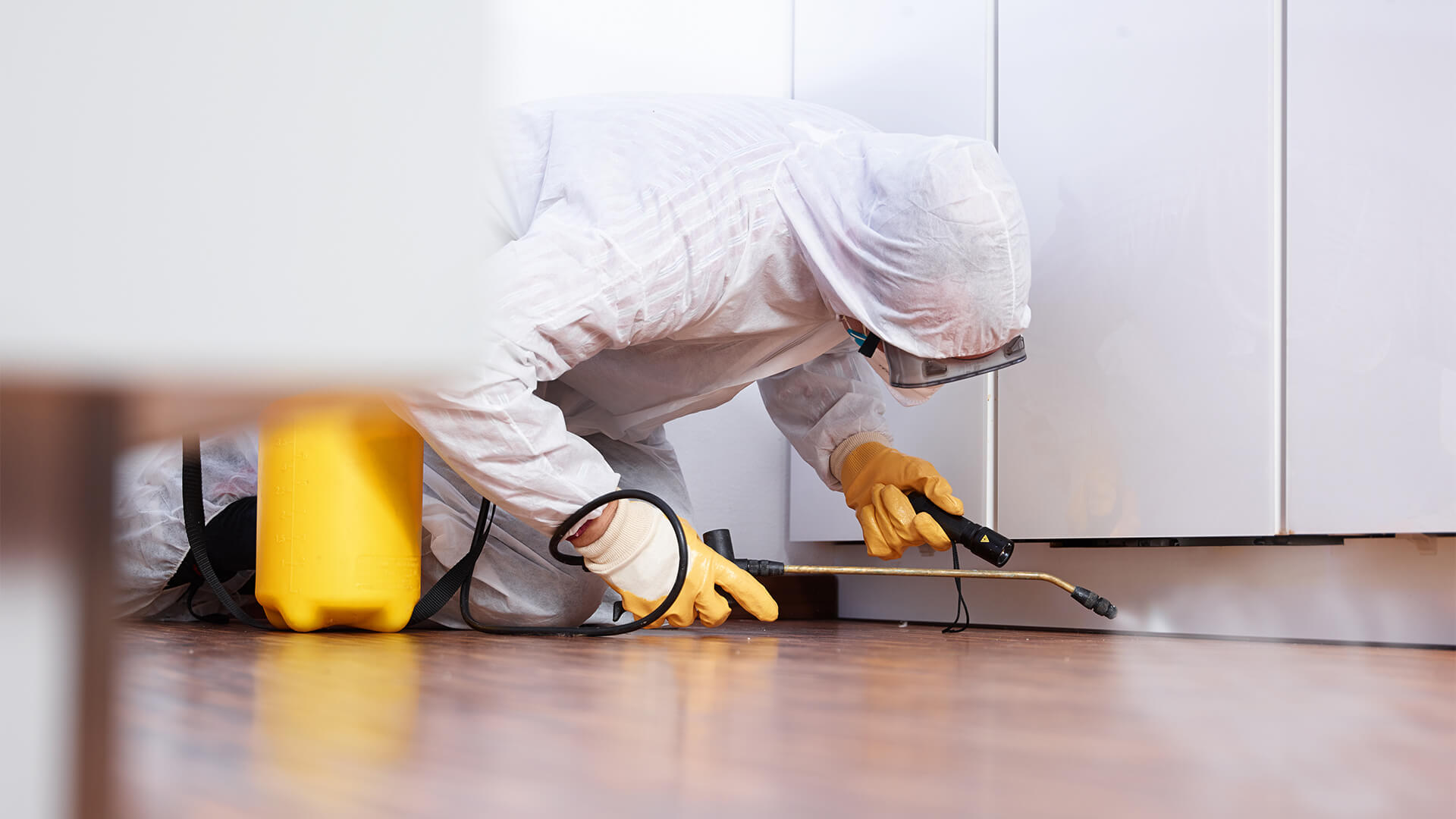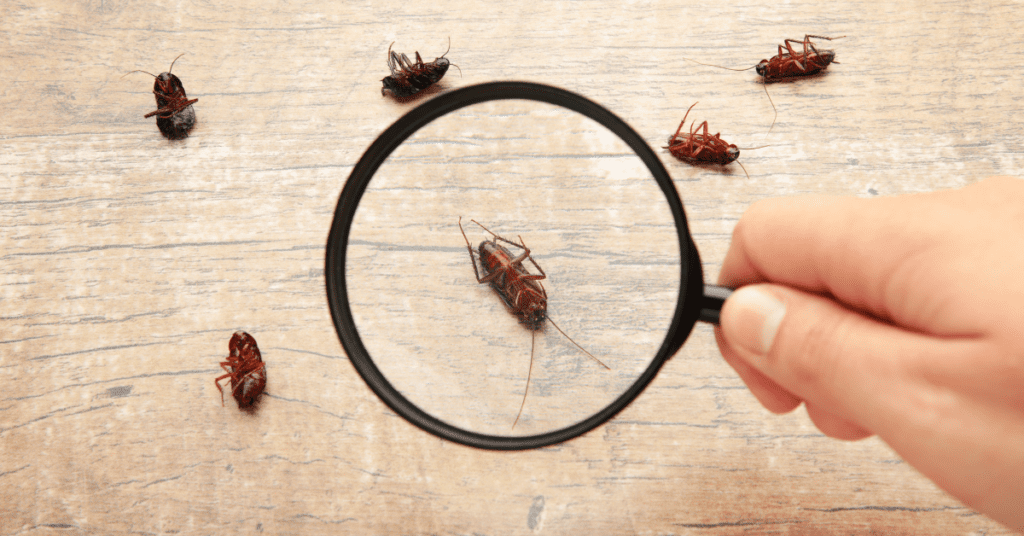Expert Pest Control Service Coquitlam: Protect Your Home from Invaders
Expert Pest Control Service Coquitlam: Protect Your Home from Invaders
Blog Article
Safe and Reputable Parasite Control for Lasting Security
Reliable insect management calls for a diverse approach that stabilizes ecological honesty with the requirement for effective parasite suppression. The subtleties of these methods might not be right away clear, prompting a more detailed evaluation of the techniques that can lead to sustainable parasite control results.
Recognizing Bug Control Approaches
Bug control encompasses a range of methods intended at managing and removing undesirable bugs and rats that can intimidate both health and home. Recognizing these techniques is critical for reliable bug monitoring.
The primary classifications of bug control techniques include mechanical, biological, and chemical methods. Mechanical approaches entail physical obstacles and traps to protect against pest entrance and capture undesirable species. Making use of screens on windows or employing sticky traps can considerably minimize parasite populations without introducing damaging materials - exterminator coquitlam.

Chemical pest control is often one of the most identified technique, utilizing pesticides to remove bugs. These chemicals can be efficient but have to be utilized with caution to avoid damaging impacts on non-target species and the environment.
Advantages of Eco-Friendly Solutions
Just how can green services change parasite control practices? The adoption of green bug control methods supplies many benefits, dramatically boosting the efficiency and safety of bug management (exterminator coquitlam). To start with, these services make use of all-natural components, reducing the reliance on unsafe chemicals that can present risks to human health and wellness and the setting. This shift not just secures animals and households yet also minimizes the possibility for dirt and water contamination.

One more advantage is the positive effect on local biodiversity. Environmentally friendly services are developed to target specific pests while preserving beneficial insects and wildlife, advertising a well balanced environment. This method aligns with the expanding customer demand for sustainable practices, boosting the track record of bug control carriers.
Integrated Bug Management Methods
The implementation of green options naturally results in the fostering of Integrated Bug Administration (IPM) techniques, which further improve insect control efficiency. IPM is an alternative strategy that integrates multiple methods to handle pest populaces while minimizing environmental influence. This method emphasizes the usage of biological, social, mechanical, and chemical controls, ensuring a lasting and well balanced method of bug management.
One essential facet of IPM is the complete assessment of parasite task and ecological conditions. By monitoring pest populaces and identifying their life process, practitioners can execute targeted treatments that interfere with the bug's habitat or lifecycle, minimizing reliance on chemical pesticides. Additionally, cultural techniques such as crop turning and environment adjustment can dramatically diminish pest establishment and reproduction.
An additional crucial element is the usage of biological control agents, such as helpful insects or microbes, which can naturally subdue pest populaces. When chemical applications are necessary, IPM prioritizes making use of low-risk pesticides and uses them precisely, lessening exposure to non-target organisms and people.
Incorporating IPM approaches not just enhances insect control performance but also advertises a more secure environment, straightening with the expanding need for lasting practices in bug management.
Safe Practices for Home Owners
Comprehending the importance of risk-free methods in parasite control can equip home owners to properly manage pest issues while safeguarding their wellness and the atmosphere. Executing non-toxic approaches and preventative procedures is important important site in decreasing exposure to damaging chemicals.
Home owners must initially analyze their environment for problems that draw in pests, such as standing water, food, and mess waste. Frequently cleansing and sealing access points can hinder insects from attacking the home. Making use of natural deterrents, such as important oils or diatomaceous earth, can provide efficient alternatives to chemical pesticides.
When chemical treatments are essential, property owners ought to select products that are especially labeled as risk-free for household use. It is crucial to adhere to application standards diligently to prevent overexposure. Additionally, using targeted treatments in areas where insects are identified, instead of covering spraying, can substantially minimize chemical usage.
Last but not least, preserving open communication with insect control specialists is vital. Home owners must ask about the security of products used and request green alternatives whenever possible. By embracing these risk-free methods, home owners can develop a much healthier living setting while properly handling bug problems.

Tips for Long-Term Defense
Developing an insect administration method that highlights long-term protection can greatly boost the performance of the risk-free methods previously discussed. To attain this, house owners must execute regular inspections of their property, concentrating on concealed locations such as attic rooms, cellars, and crawl spaces. Early discovery of bug task is crucial in protecting against problems from taking hold.
Additionally, keeping a clean setting is crucial. This consists of appropriate food storage, without delay cleaning up spills, and routinely dealing with waste. These methods reduce attractants that draw bugs into the home. In addition, sealing access points, such as splits around doors and home windows, can properly block possible insect accessibility.
Landscape design ought to likewise be taken into consideration; keeping plants trimmed and maintaining a distance in between plant life and the home reduces hiding places for parasites. Utilizing natural deterrents, such as crucial oils or diatomaceous earth, can additionally discourage infestations without turning to extreme chemicals.
Last but not least, collaborating with an expert bug control solution for regular analyses can supply an additional layer of security. These experts can use customized referrals and progressed treatments, ensuring that your home remains safeguarded against bugs in the long term.
Final Thought
In final thought, risk-free and trusted pest control calls for a complex approach that emphasizes environment-friendly techniques and integrated insect administration. By executing natural deterrents, conducting routine assessments, and preserving appropriate sanitation, residential property proprietors can considerably decrease pest populations while safeguarding advantageous insects and the setting. Cooperation with expert pest control solutions improves the performance of these approaches, making sure tailored remedies that supply long lasting protection and assurance against future invasions.
Efficient pest monitoring needs a multifaceted technique that balances eco-friendly stability with the need for reliable pest suppression. The adoption of environmentally friendly bug control approaches provides numerous advantages, considerably enhancing the efficiency and safety of bug management.The application of eco-friendly solutions normally leads to the adoption of Integrated Bug Management (IPM) approaches, which better enhance bug control efficacy. exterminator link coquitlam. By keeping track of pest populations and recognizing their life cycles, professionals can apply targeted interventions that interrupt the parasite's habitat or lifecycle, decreasing dependence on chemical pesticides.In conclusion, risk-free and trusted parasite control requires a multifaceted approach click for info that highlights green methods and integrated insect administration
Report this page